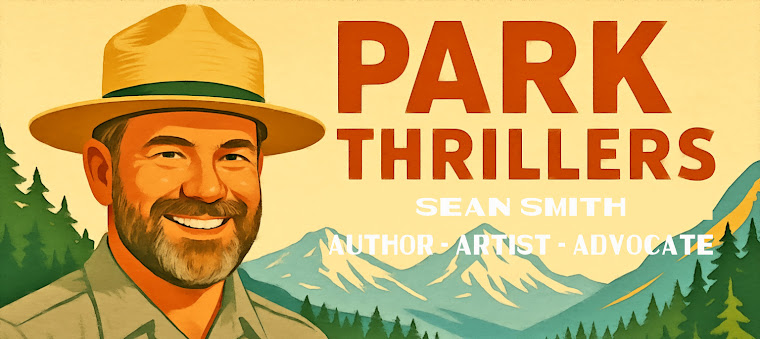In a historic move reflecting America's growing environmental consciousness, President Joe Biden has
 |
| Tule Lake ~ USFWS |
A Brief History of American Conservation
The American conservation movement dates back to the late 19th century. It was rooted in recognizing the need to protect the nation's natural resources from overexploitation and degradation. Key figures like John Muir, founder of the Sierra Club, and President Theodore Roosevelt, a staunch advocate for national parks, were instrumental in establishing the framework for modern conservation efforts. Roosevelt's establishment of national parks, forests, and wildlife refuges laid the groundwork for future environmental policies.
The mid-20th century saw the rise of the modern environmental movement, spurred by Rachel Carson's seminal work "Silent Spring," which highlighted the dangers of pesticide use and environmental pollution. This era led to the creation of vital legislation, including the Clean Air Act, the Clean Water Act, and the Endangered Species Act, as well as the establishment of the Environmental Protection Agency (EPA) under President Richard Nixon.
Benefits of Conserving Lands and Waters
Conserving 30% of America's land and waters by 2030 offers numerous benefits:
Climate Change Mitigation: Protected lands serve as carbon sinks, absorbing CO2 and helping mitigate climate change's impacts. Forests, wetlands, and grasslands play critical roles in carbon sequestration.
Biodiversity Preservation: By safeguarding habitats, conservation efforts help preserve the diversity of species, many of which are currently threatened by habitat loss and climate change.
Water Quality and Availability: Protecting watersheds ensures clean drinking water and reduces the impacts of droughts and floods, which are becoming more frequent and severe due to climate change.
Economic Benefits: Conservation supports sustainable tourism and recreation industries, which generate significant revenue and jobs. Additionally, healthy ecosystems provide services such as pollination, which is essential for agriculture.
Cultural and Recreational Value: Natural areas offer invaluable recreational opportunities and spiritual benefits, fostering connections between people and the natural world.
Contrasting Visions: Biden vs. Trump
President Biden's conservation plan starkly contrasts with former President Donald Trump's policies, which focused on deregulation and opening public lands to development. During his tenure, Trump rolled back numerous environmental protections, including reducing the size of national monuments like Bears Ears and Grand Staircase-Escalante and promoting fossil fuel extraction on public lands.
Trump's stance on development reflects a broader agenda to boost economic growth through resource extraction, often at the expense of environmental sustainability. If re-elected, Trump plans to continue this approach, emphasizing the development of public lands for oil, gas, and mineral extraction, which he argues is essential for energy independence and economic prosperity.
In contrast, Biden's 30x30 plan aligns with global conservation efforts and reflects a commitment to tackling climate change through sustainable practices. By prioritizing conservation, Biden aims to protect the natural heritage for future generations, recognizing healthy ecosystems' intrinsic and economic value.
Conclusion
President Biden's goal to conserve 30% of America's land and waters by 2030 represents a significant and progressive step in the nation's environmental policy. Rooted in the rich history of the American conservation movement, this initiative underscores the importance of protecting natural resources in the face of mounting environmental challenges. As the nation grapples with the twin crises of climate change and biodiversity loss, Biden's plan offers a vision of a sustainable future that balances economic development with environmental stewardship. In contrast, Donald Trump's development-focused agenda presents a divergent path, highlighting the critical choices facing American voters in shaping the future of the country's natural landscapes.



